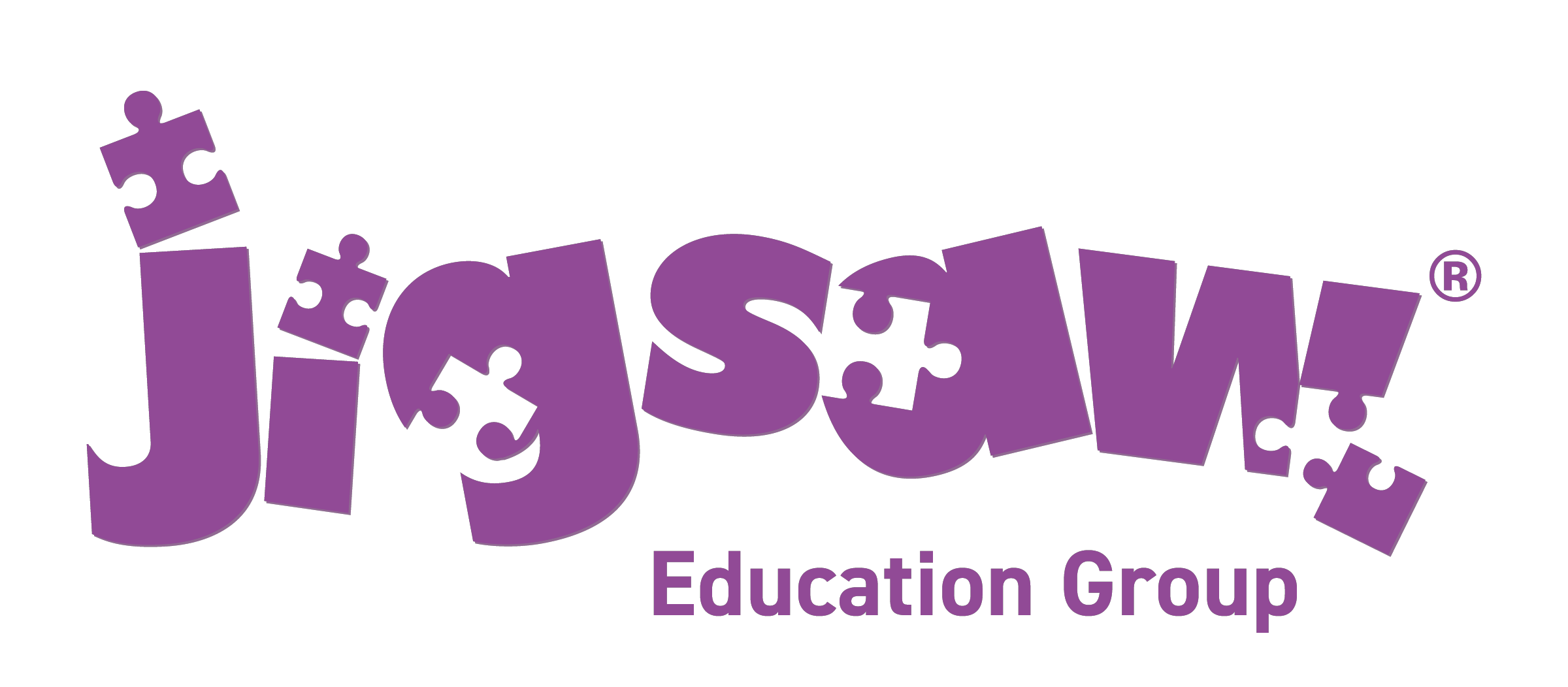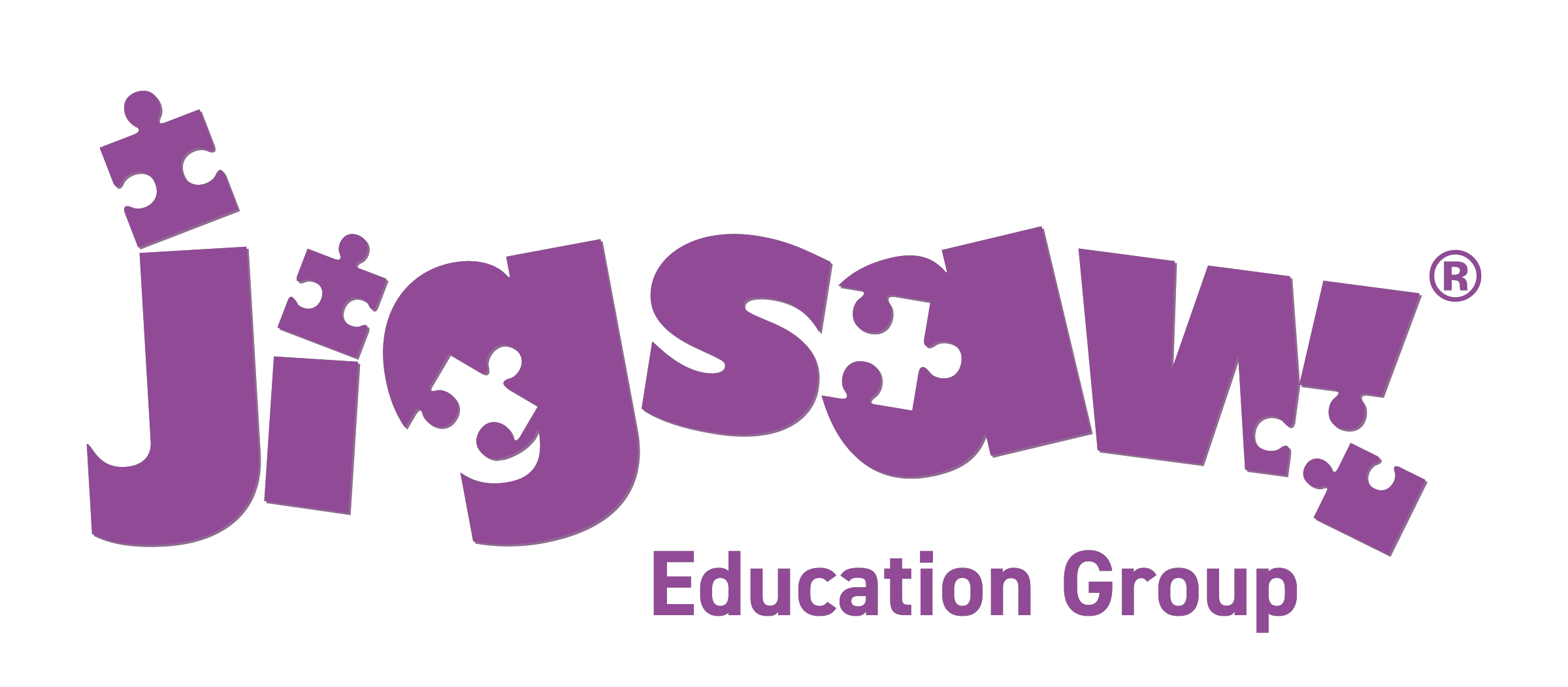We need to stop treating the problem and start empowering our young people
Recent research now suggests that one in six children across the UK has a mental health issue, and charities are reporting a 70% rise in demand for support!
It is shocking, yet sadly no longer surprising, that too many young people are facing mental health issues and illnesses in this country. The pandemic has undoubtedly exacerbated the problem – but we should not fool ourselves into thinking this is something new caused by Covid-19.
While these headlines are shocking, and to my mind presents an undeniable case that we are facing a mental health emergency among our young people, it always fascinates me why we only ever talk about ‘mental health’ and ‘wellbeing’ when it has become an illness, such as depression or anxiety. Yet this is only one piece of the jigsaw.
The conversation about mental health has come a long way, but when was the last time someone spoke to you about empowering you to maintain good mental health? When were you taught how to recognise when you might be losing control of your thoughts and feelings, and the positive steps you can take to take back control?
I’m sure we can all think of times where our judgement or decisions have been impaired by our mental health, and how we might have acted differently if we had been in a better headspace. Imagine how this might have been different if we had been taught to recognise these signs and take positive steps to address them?
Part of the ‘emergency’ has got to be our understanding of what ‘mental health’ is and how we define what ‘good mental health’ is and feels like.
To me, mental health is the capacity of each person to understand and control your own thoughts and feelings. If you can do this, you will have success. Too often we only talk about mental health when the mind has gripped control and therapy is needed to unwind this.
Our mental health, or more importantly our good mental health, underpins every aspect of positive living. It helps us to make good and effective decisions, allows us to take on new challenges and information, and helps us make sense of everything that happens to us and around us. It is surely as important (if not more so) as other professional and life skills that we are taught at school, such as being able to present in front of an audience.
As teachers, we all know there is a clear link between poor attendance and lower academic achievement. Children with no absence are more than twice as likely to achieve top grades than those who missed 15-20% of KS4 lessons.
But, how often do we consider the impact poor mental health could be having on children in our classrooms (not absent), and their capacity to learn and engage with new information and ideas? I have seen a growing problem with children’s mental and emotional health and the impact this has on their behaviour or learning.
I believe the mental health emergency starts with our focus on treating illness, rather than preventing it. It would be far more effective to teach and empower people with the knowledge to recognise what good mental health is, how to make sense of their emotions, and the techniques to take back control.
I am not for one second proposing that we do not offer support for people who need it – but I am suggesting there needs to be a more proactive solution, starting with how mental health and wellbeing is taught to young people in our classrooms. In an ideal world, we would have a consistent approach to educating and empowering our young people to be better equipped to deal with these pressures and challenges throughout their lives.
For our young people, this approach will help prepare them better to deal with the pressures of modern life. In the classroom, it will also help our young people to make better decisions, embrace new challenges, and improve their capacity to learn in other areas – supporting their personal and academic development.
The mental health emergency is no longer just about the rising number of people who require treatment. It is now about moving the conversation away from just treating the problems and taking a proactive approach through education that empowers our young people to maintain control of their own thoughts and feelings.
If we can achieve a consistent approach to the education of mental health and wellbeing, we might be able to unwind the emergency that we are now facing.




